
Cyprus President Glafkos Klerides after being handed the UN peace plan yesterday, said that he will examine it as a whole, without being forced to make compromises over separate parts. Meanwhile, Cypriot and Greek leaders appeared to be particularly calm, being well aware of the importance of the historic moment.
President Klerides has called the political leaders and the Cypriot citizens to remain “calm” ahead of the political developments, pointing out that the following weeks are of great significance for the future of Cyprus. Mr. Klerides made it clear that the UN peace plan will be examined as a whole in order to ascertain that this will be the staring point for a possible solution of the Cyprus problem.
The UN plan contains both satisfactory and unsatisfactory provisions, Mr. Klerides said, while the Greek Prime Minister, Costas Simitis, noted that the plan’s provisions include several “hard parts”. “It is not the right time to make fragmentary estimates over the provisions. ‘Overall balance’ is all that matters”, Mr. Simitis said.
“The specific draft plan seems to be the base for further intensive negotiations that will be particularly hard and painful”, Mr. Simitis noted.
Glafkos Klerides and Costas Simitis were after a fair, viable and functional solution, compatible with UN’s decision for a two-zone and two-community federation with a common international personality, a single dominance and citizenship, with respect to human rights and in accordance with the Community acquis. According to Greek Prime Minister, “Cyprus accession in the EU is not only a guarantee of a solution functionality, but also the driving force for an effective handling of the problem”.
President Klerides is to visit Athens next Saturday for talks with Costas Simitis, while the UN secretary-general Kofi Annan called Mr. Klerides to decide within the next seven days whether the peace plan is acceptable as a base for further negotiations.
Meanwhile, Ankara has not reacted yet, however, Rauf Denktash has asked for more time to proceed to proper deliberations. Mr. Denktash also stressed that as soon as he returns he will submit the proposals to his government and parliament and he will have contacts with Ankara.
The British Minister of External Affairs, Jack Straw welcomed the UN peace plan saying that “this is the best chance in many years for a settlement to resolve the conflict between the Greek and the Turkish Cypriots”.
Mr. Straw pointed out that London will examine the plan proposals thoroughly, but mostly in relation to the effects this will have on the Guarantee Treaty of 1960. “We will reply to the secretary-general in due time”, Mr. Straw said.
Finally, the EU representative for a single foreign policy and political security, Javier Solana, is to visit Turkey on November 14 to meet the leader of the Justice and Development party that won the election, Tayyip Erdogan.
Mr. Annan informed the UN Security Council over the developments of the Cyprus problem late in the afternoon (Cyprus time), expressing his wish “to hear from both sides until November 18”.
President Klerides has called the political leaders and the Cypriot citizens to remain “calm” ahead of the political developments, pointing out that the following weeks are of great significance for the future of Cyprus. Mr. Klerides made it clear that the UN peace plan will be examined as a whole in order to ascertain that this will be the staring point for a possible solution of the Cyprus problem.
The UN plan contains both satisfactory and unsatisfactory provisions, Mr. Klerides said, while the Greek Prime Minister, Costas Simitis, noted that the plan’s provisions include several “hard parts”. “It is not the right time to make fragmentary estimates over the provisions. ‘Overall balance’ is all that matters”, Mr. Simitis said.
“The specific draft plan seems to be the base for further intensive negotiations that will be particularly hard and painful”, Mr. Simitis noted.
Glafkos Klerides and Costas Simitis were after a fair, viable and functional solution, compatible with UN’s decision for a two-zone and two-community federation with a common international personality, a single dominance and citizenship, with respect to human rights and in accordance with the Community acquis. According to Greek Prime Minister, “Cyprus accession in the EU is not only a guarantee of a solution functionality, but also the driving force for an effective handling of the problem”.
President Klerides is to visit Athens next Saturday for talks with Costas Simitis, while the UN secretary-general Kofi Annan called Mr. Klerides to decide within the next seven days whether the peace plan is acceptable as a base for further negotiations.
Meanwhile, Ankara has not reacted yet, however, Rauf Denktash has asked for more time to proceed to proper deliberations. Mr. Denktash also stressed that as soon as he returns he will submit the proposals to his government and parliament and he will have contacts with Ankara.
The British Minister of External Affairs, Jack Straw welcomed the UN peace plan saying that “this is the best chance in many years for a settlement to resolve the conflict between the Greek and the Turkish Cypriots”.
Mr. Straw pointed out that London will examine the plan proposals thoroughly, but mostly in relation to the effects this will have on the Guarantee Treaty of 1960. “We will reply to the secretary-general in due time”, Mr. Straw said.
Finally, the EU representative for a single foreign policy and political security, Javier Solana, is to visit Turkey on November 14 to meet the leader of the Justice and Development party that won the election, Tayyip Erdogan.
Mr. Annan informed the UN Security Council over the developments of the Cyprus problem late in the afternoon (Cyprus time), expressing his wish “to hear from both sides until November 18”.

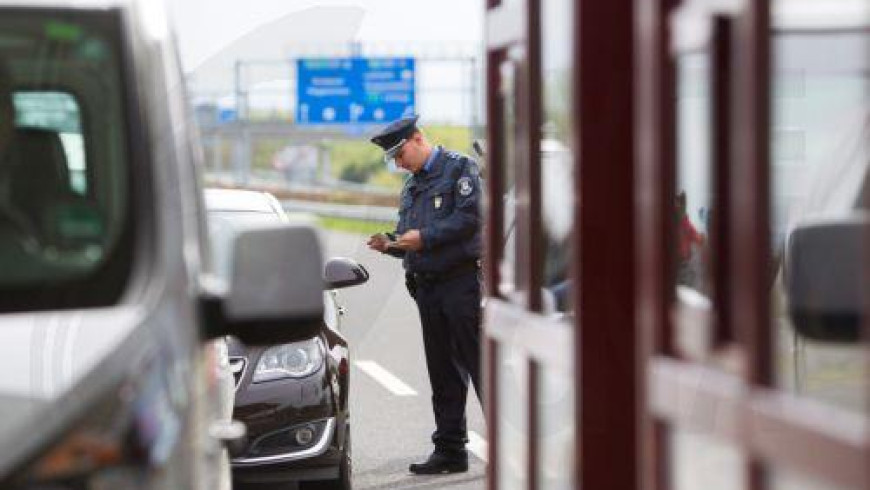
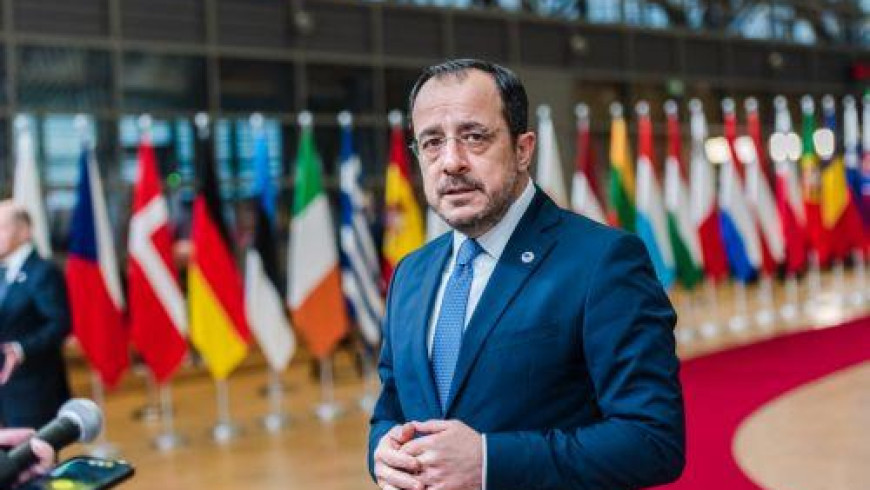
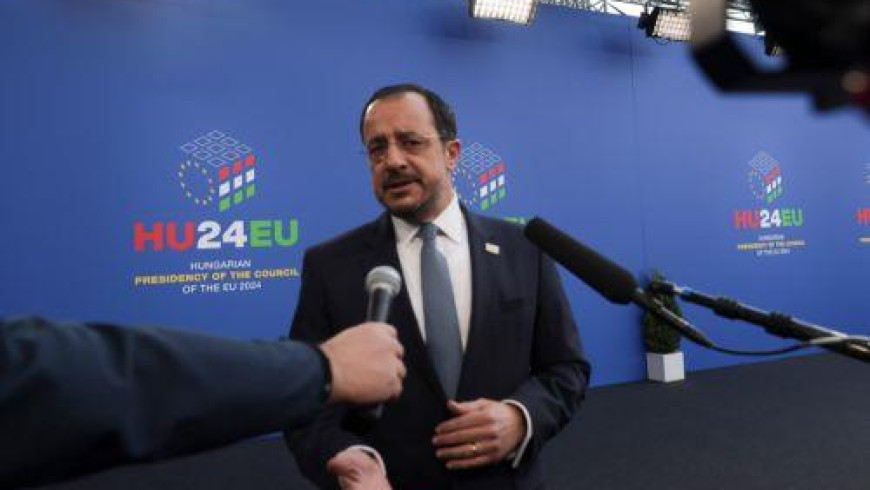
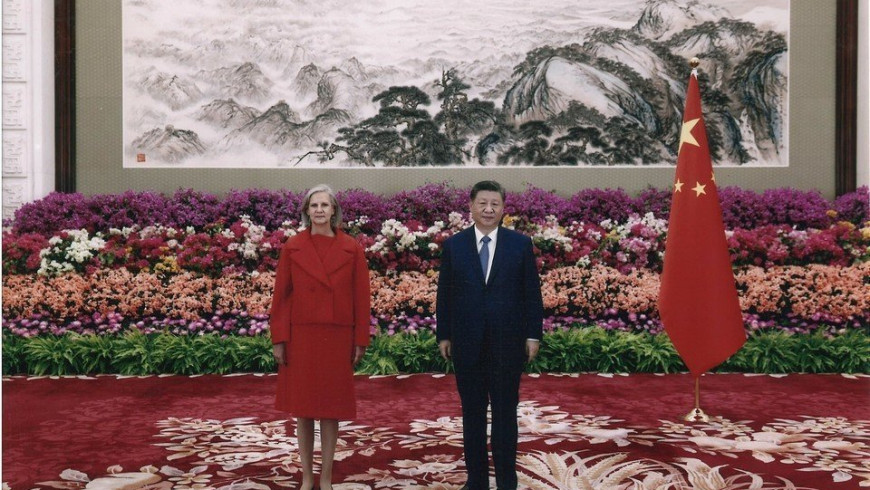
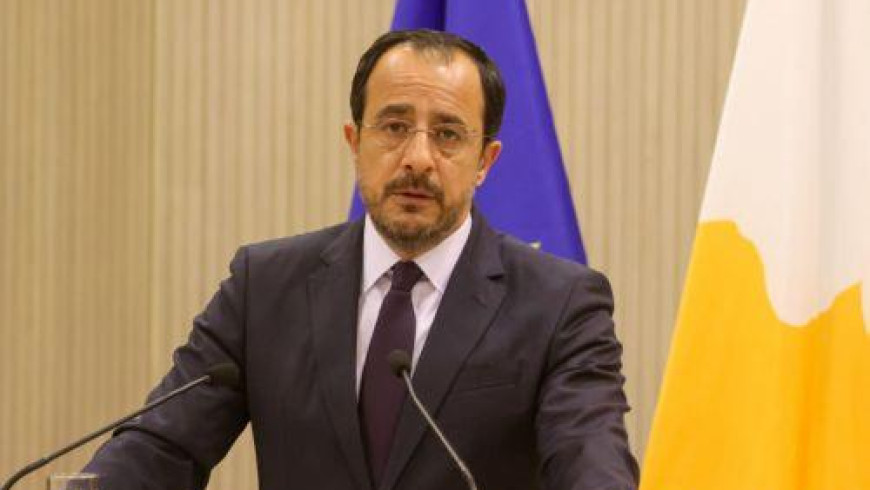
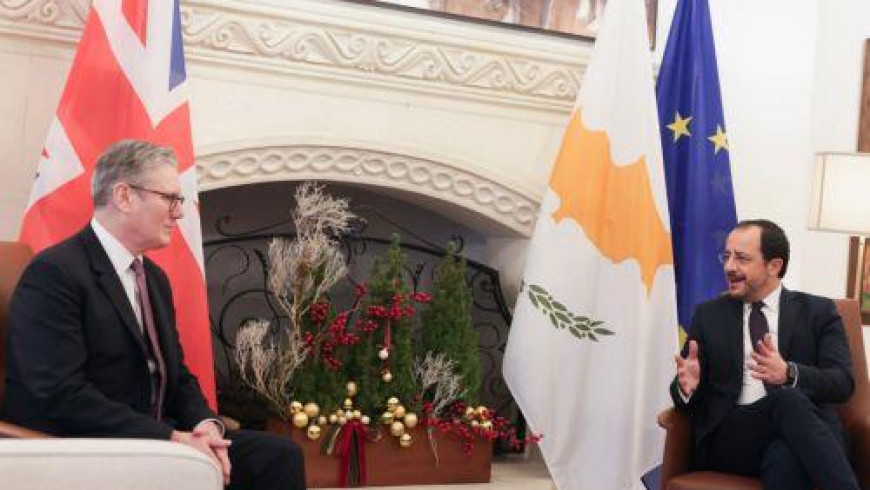
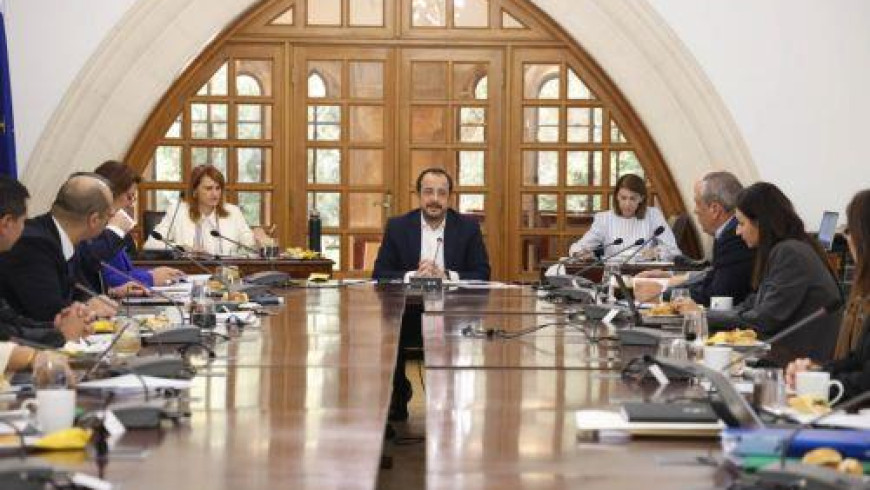
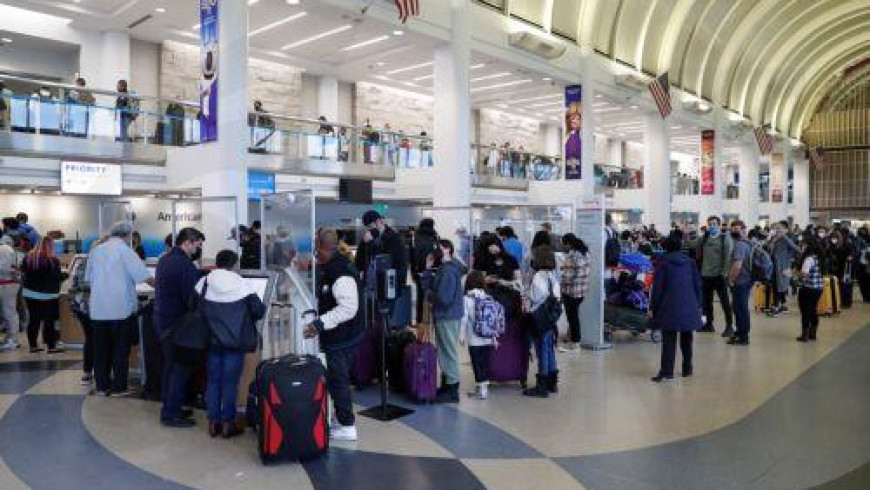





 3287.99
3287.99 1275.09
1275.09
